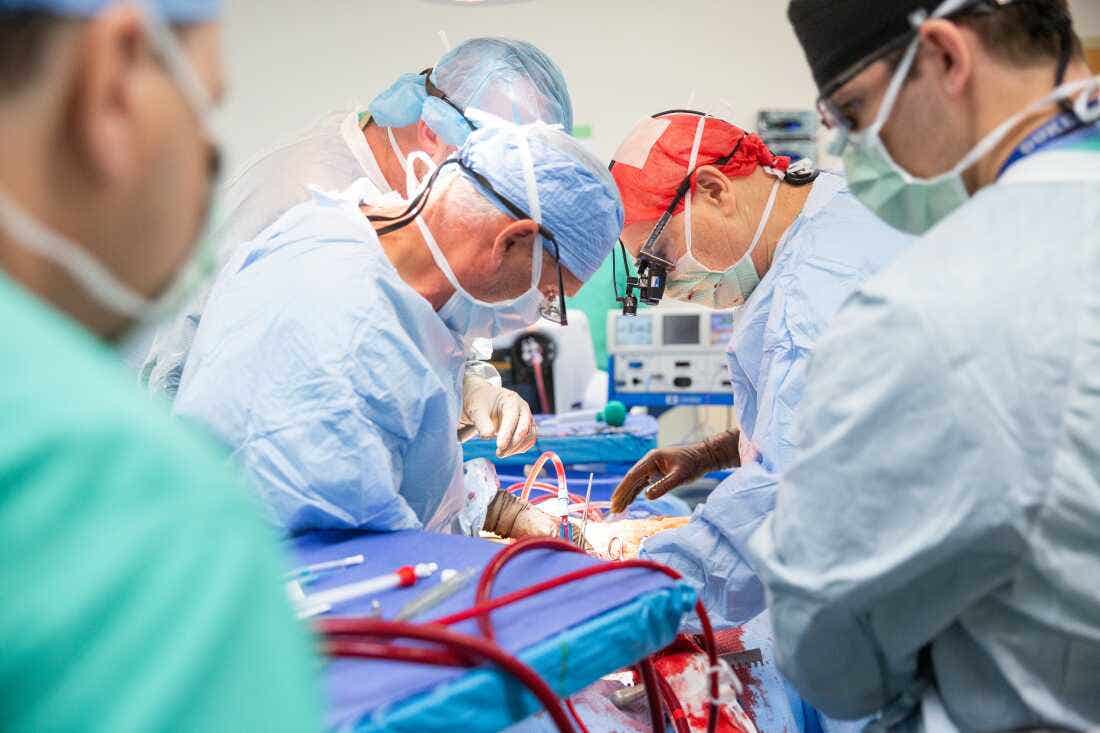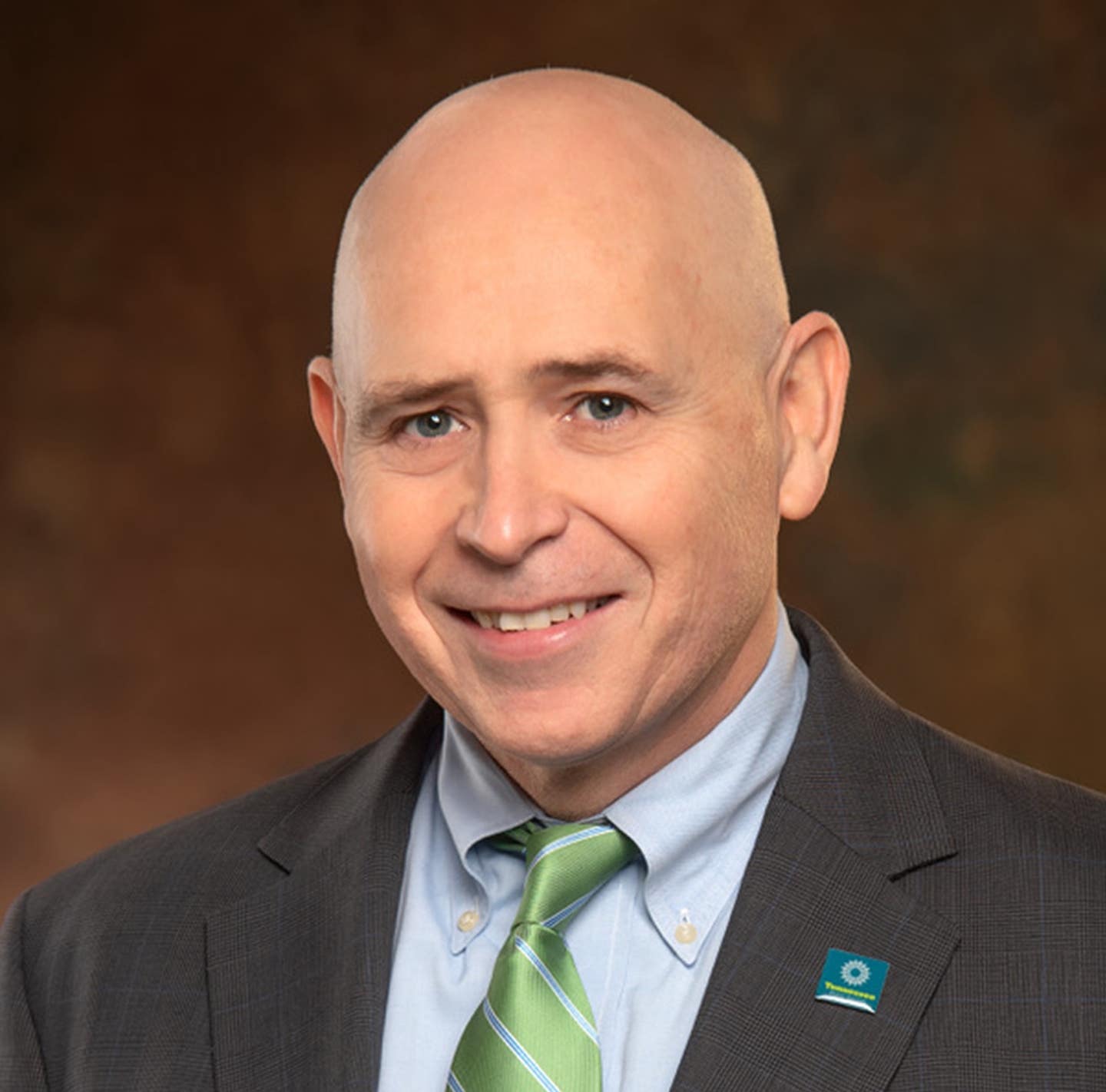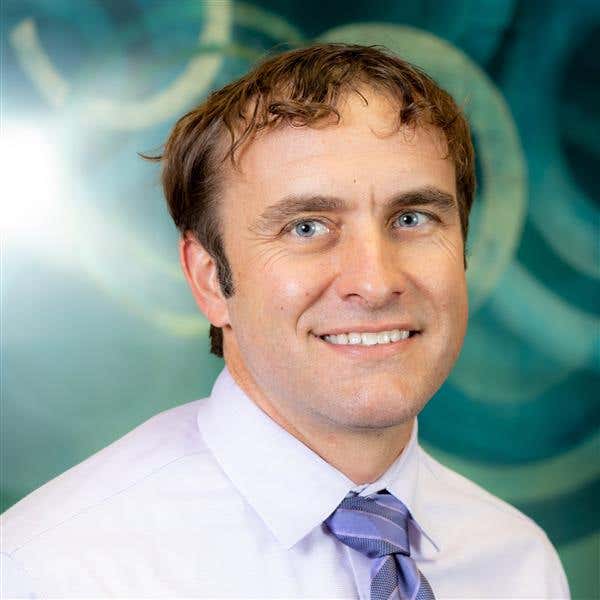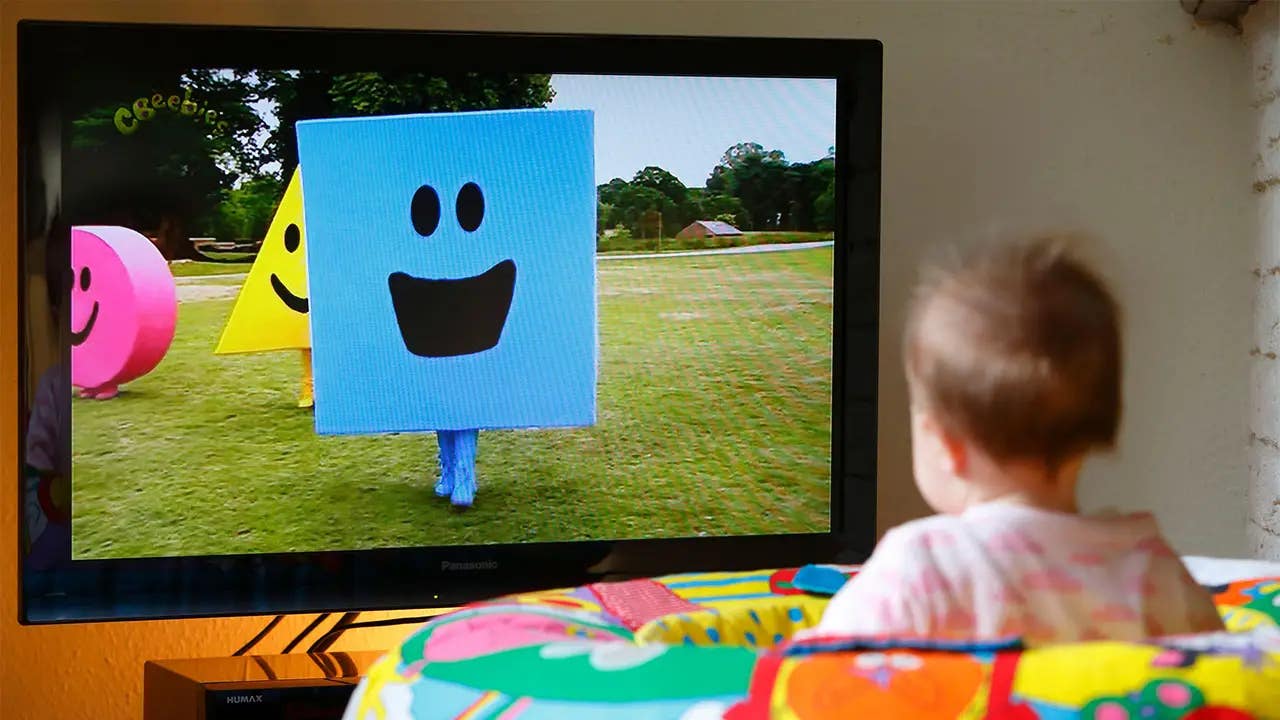Medical breakthrough significantly increases success in harvesting donor organs post-mortem
Surgeons have developed a groundbreaking method to retrieve donor organs from patients who have been declared dead

Surgeons have developed a groundbreaking method to retrieve donor organs. (CREDIT: Creative Commons)
Surgeons have developed a groundbreaking method to retrieve donor organs from patients who have been declared dead, known as normothermic regional perfusion (NRP). This technique involves pumping blood through the deceased donor's body, greatly enhancing the chances of obtaining functional organs, which is critical given the ongoing organ donor crisis.
"It's not hyperbolic to say it's a big deal," said Marty Sellers, an organ recovery surgeon with Tennessee Donor Services. "We're saving a lot of lives that otherwise wouldn't have a chance. The data indicate that if NRP was used nationally to the extent that we're able to do it here in Tennessee, we could essentially eliminate liver waiting list deaths."
When a patient's heartbeat and blood circulation cease, often due to the withdrawal of life support, doctors can use an external pump to restart blood flow throughout the body. This process prevents organ damage by maintaining the circulation of oxygen-rich blood.
However, ethical concerns have been raised. Bioethicists question whether some blood may restore limited brain activity, despite doctors clamping off blood flow to the brain before the procedure.


"I think the bottom line is that NRP violates foundational ethical norms around the determination of death and should not be pursued," University of Colorado bioethicist Matthew DeCamp said.
There are potential solutions to prevent blood from reaching the brain. A 2022 paper suggested specific surgical techniques could ensure brain function isn't restarted during NRP. These methods involve draining certain blood pathways to the brain in advance.
"Although theoretically sound, these surgical assurance techniques do not address all possible sources of brain blood flow and remain speculative in the absence of direct data confirming their effectiveness in preventing resumption of brain circulation and activity during NRP," the paper states.
An ethical principle known as the "dead-donor rule" restricts organ transplant procedures from occurring before the donor is declared dead. This principle aims to ensure that medical interventions are not involved in causing the donor's death. While not a law, it is a widely accepted ethical standard.
Supporters of NRP argue that the benefits are undeniable. According to Sellers, "It's irrefutable that we are not causing any increased deaths with NRP, and we're saving more lives with NRP." "And if you can argue with that, I don't have much to say to you."
A recent letter to the editor in the Journal of Cardiothoracic and Vascular Anesthesia supports NRP, stating, "NRP respects an individual's decision to have their donated organs recovered in as good a condition as possible after a patient's death. It also respects the decision reached with the individual or their family not to be resuscitated after death."
Sellers emphasizes that NRP can honor someone's life by extending their legacy to "save the lives of others."
This innovative technique has the potential to give thousands of people a new lease on life. More than 100,000 individuals in the US are waiting for a donor organ, with many facing years-long waits that could end in death.
Note: Materials provided above by the The Brighter Side of News. Content may be edited for style and length.
Like these kind of feel good stories? Get the Brighter Side of News' newsletter.
Joshua Shavit
Science & Technology Writer | AI and Robotics Reporter
Joshua Shavit is a Los Angeles-based science and technology writer with a passion for exploring the breakthroughs shaping the future. As a contributor to The Brighter Side of News, he focuses on positive and transformative advancements in AI, technology, physics, engineering, robotics and space science. Joshua is currently working towards a Bachelor of Science in Business Administration at the University of California, Berkeley. He combines his academic background with a talent for storytelling, making complex scientific discoveries engaging and accessible. His work highlights the innovators behind the ideas, bringing readers closer to the people driving progress.



